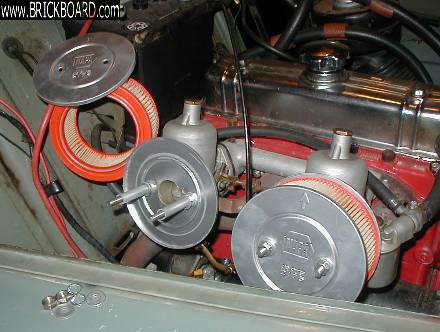Volvo RWD/120-130 Forum Index
[<] [ 10/2025 ]
[Forum Home]
[New Message]
[My Forum]
[Subscribe]
[rwd feed]
[Preferences]
[Instructions]
Community Forums:
Classifieds
Online Users
Forum Archives
Site Features
RWD Series/Models
444-544 120-130 1800 140-160 200 700 900 S90-V90 300
AWD Series/Models
S40-V40 850 S80 S70 S60 C70 XC60 V70-XC70 XC90 V50 400
Volvo RWD 120-130 Forum
INDEX FOR 10/2025(CURRENT) INDEX FOR 1/2003 120-130 INDEX| THREADED |
|
THREADED EXPANDED |
|
FLAT |
|
PRINT ALL |
| MESSAGES IN THIS THREAD |
|

